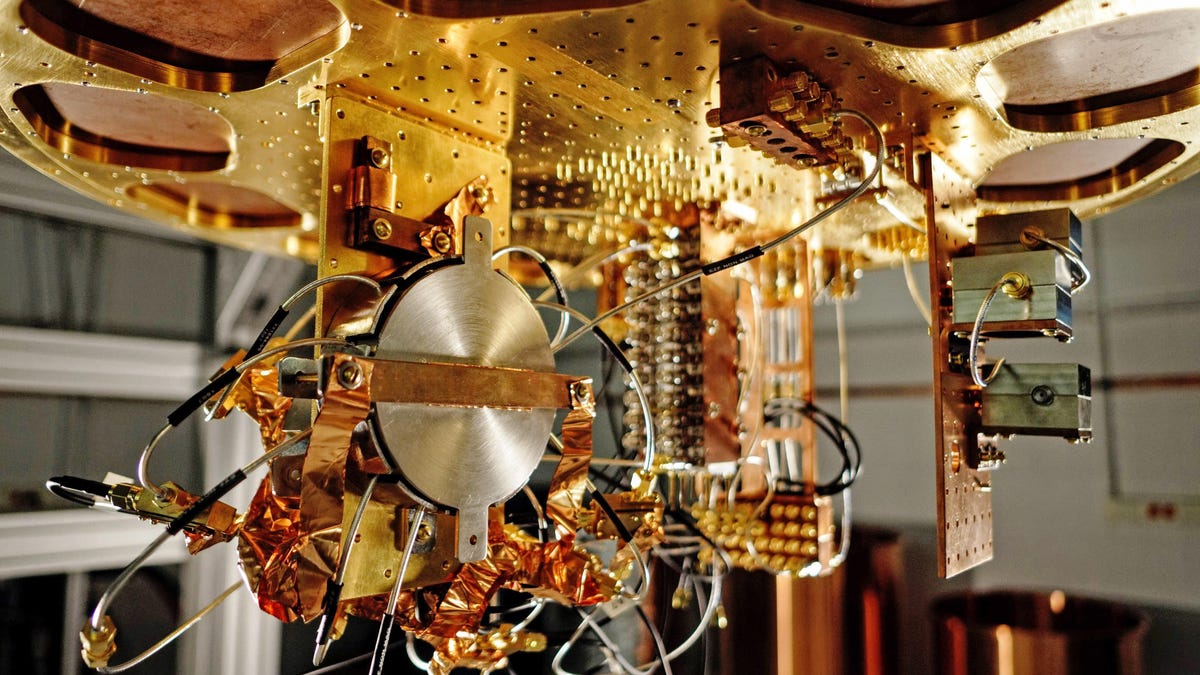VW, Google announce quantum computing partnership
The German automaker and the tech juggernaut will focus on traffic optimization, artificial intelligence and EV battery development.

Volkswagen and Google are teaming up on quantum computing, with the goal of creating smarter cars and better infrastructure. The two goliaths plan to focus on three areas of research: traffic optimization, machine learning processes and the development of new materials and structures with an eye toward improved electric car batteries.
The German automaker is having workers at its IT labs in San Francisco and Munich partner with Google scientists to develop new simulations and algorithms on Google's universal quantum computing platform. Such computers execute calculations at much higher rates of speed than traditional binary digital systems.
In one such project, VW and Google plan to use quantum computing to augment existing research on traffic optimization by incorporating new variables, all in the name of shortening vehicle travel times. In a statement, VW pointed to factors like available EV chargers, empty parking spaces and urban traffic guidance systems as factors that could be used to cut commute times when calculating drive routes.
Such research will likely focus not only on supporting individual drivers, but also urban traffic planning as a whole.
VW and Google will also draw on quantum computing power to expedite research in artificial intelligence and machine learning, both of which are seen as key to developing connected and fully autonomous vehicles. AI research has many uses, and could also be used to develop smarter infrastructure or even new in-vehicle features such as Alexa-like digital assistants.
An additional area of study for the VW/Google collaboration will be simulating and optimizing the structures needed to develop high-performance batteries for electric cars .
VW is already familiar with quantum computing power — in fact, it claims to be the first automaker in the world to work in this field. In March, VW announced that it had completed a research project using quantum computing to study the optimal traffic flow for 10,000 Beijing taxi cabs.

